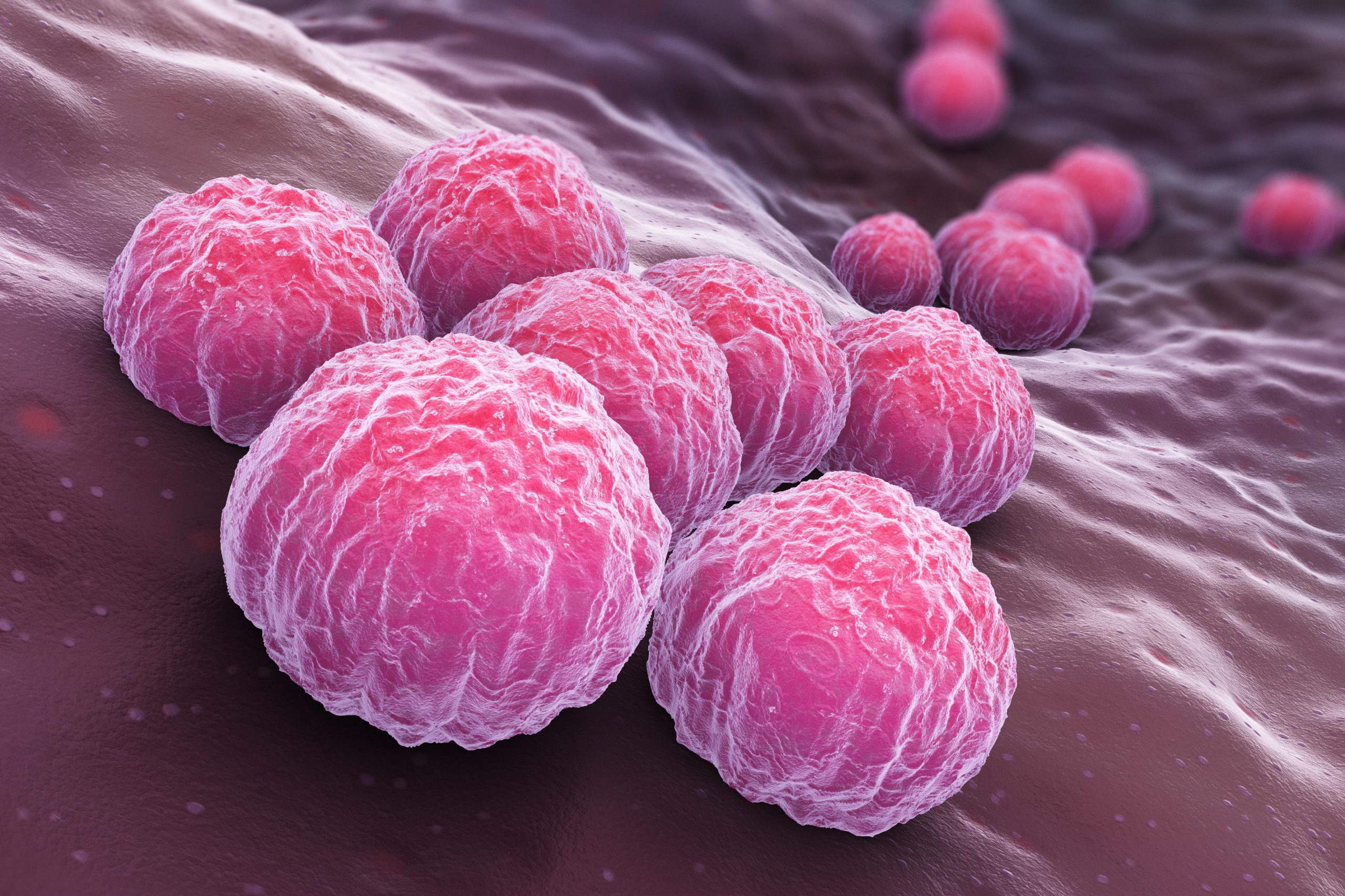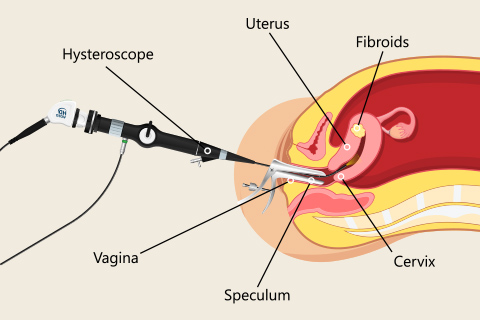Chlamydia is one of the most common sexually transmitted infections (STIs) worldwide. Caused by the bacterium Chlamydia trachomatis, it can have significant implications for sexual and reproductive health if left untreated. In this article, we’ll explore how chlamydia is transmitted, its impact on fertility treatments, the treatments available, and key information about this infection.
What is Chlamydia?
Chlamydia is a bacterial infection that primarily affects the genital tract, though it can also infect the throat and rectum. Many individuals who are infected may not experience any symptoms, leading to a lack of awareness and an increased risk of complications. When symptoms do occur, they can include:
- Abnormal vaginal discharge
- Painful urination
- Lower abdominal pain
- Pain during intercourse
- Bleeding between periods
In men, symptoms may include discharge from the penis and pain during urination.
How is Chlamydia Transmitted?
The bacteria is transmitted primarily through sexual contact. This includes:
- Vaginal, anal, or oral sex: The bacteria can be passed from an infected person to their partner during unprotected sexual activity.
- Mother to child: An infected mother can transmit chlamydia to her baby during childbirth, which may lead to serious health issues for the newborn.
It’s important to note that chlamydia can be contracted even if an infected person shows no symptoms.
Impact on Fertility Treatments
It can significantly affect fertility, particularly in women. Untreated chlamydia can lead to serious complications such as:
- Pelvic Inflammatory Disease (PID): This infection of the reproductive organs can cause scarring and blockages in the fallopian tubes, leading to infertility.
- Ectopic Pregnancy: If the fallopian tubes are damaged, there’s an increased risk of an ectopic pregnancy, which occurs when a fertilized egg implants outside the uterus.
In men, chlamydia can lead to epididymitis, which is inflammation of the epididymis that can affect sperm production.
For individuals undergoing fertility treatments, a history of chlamydia may necessitate additional evaluation and treatment to address any potential complications from previous infections.
How Does Infection Occur?
Infection occurs when the bacteria enter the body through mucous membranes, which are found in the genital tract, rectum, or throat. If a person has unprotected sexual contact with an infected individual, the bacteria can easily spread. Factors that may increase the risk of infection include:
- Multiple sexual partners
- Previous STIs
- Lack of barrier protection during sex
Regular STI screenings and practicing safe sex can help reduce the risk of chlamydia and other STIs.
Treatments for Chlamydia
Chlamydia is a bacterial infection and can be effectively treated with antibiotics. Common treatment options include:
- Azithromycin: Often prescribed as a single dose, this antibiotic is effective for treating chlamydia.
- Doxycycline: Typically taken over a week, this antibiotic is also effective and may be used for those who are unable to take azithromycin.
It’s crucial for both partners to receive treatment simultaneously to prevent re-infection. Abstaining from sexual activity until the infection is fully treated (usually about a week after completing antibiotics) is also essential.
Conclusion
Chlamydia is a common yet potentially serious infection that can significantly affect reproductive health if left untreated. Understanding how it’s transmitted, recognizing the symptoms, and seeking timely treatment can help mitigate its impact, especially for those considering fertility treatments. Regular screenings, open communication with sexual partners, and practicing safe sex are key strategies for prevention.
If you suspect you may have this infection or have been exposed to someone with the infection, it’s important to consult with a healthcare provider for testing and treatment. Taking proactive steps can help safeguard your health and your fertility.
Cyprus Crown IVF Contact: https://en.cypruscrownivf.com/contact
Cyprus American IVF Contact: https://www.cyprusamericanivf.com/contact-us/
Dr. Halil Ibrahim Tekin (Dr. HIT) Youtube: https://www.youtube.com/@dr.halilibrahimtekin1715
Cyprus American IVF Youtube: https://www.youtube.com/@AmerikanTupBebekMerkezi




